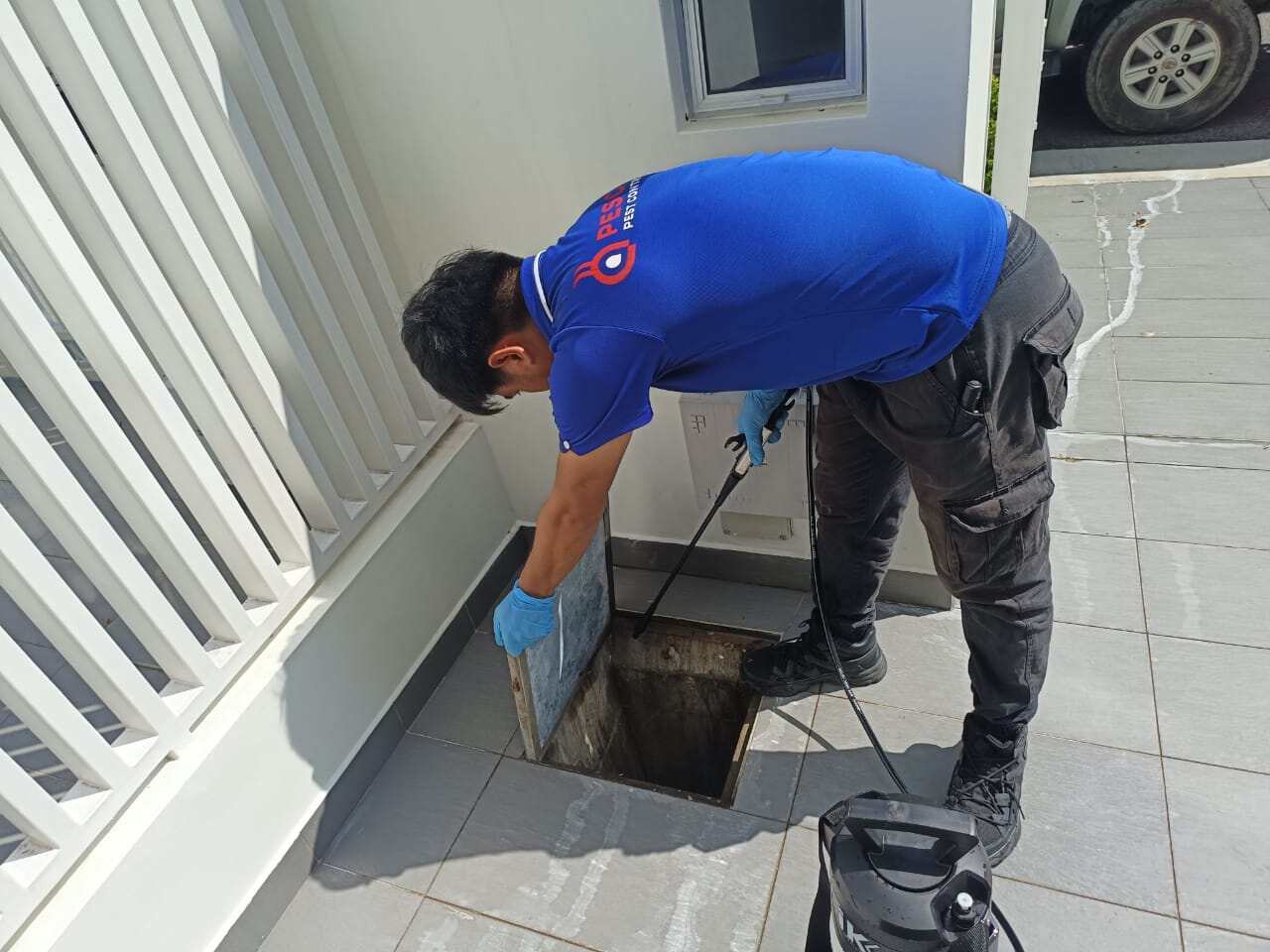Pests are unwanted creatures that can cause harm to our homes, businesses, and communities. From rodents and insects to birds and reptiles, these pesky creatures can quickly become a nuisance if not dealt with promptly and effectively. As a community, it is important to take measures to control pests in order to ensure the safety and well-being of everyone.
One of the most common methods of pest control is the use of chemicals. However, this approach can pose potential risks for both humans and the environment. Chemical pesticides may be effective in eradicating pests, but they can also be harmful if used improperly or excessively. This is why it is crucial for community engagement when implementing pest control measures.
Community engagement involves actively involving members of the community in decision-making processes that affect their lives. When it comes to pest control, engaging with the community allows for the development of safer and more sustainable solutions.
One way to engage with the community is by promoting education on safe pest control methods. Many people may not be aware of alternative ways to manage pests without using harmful chemicals. By educating them on simple techniques such as proper waste disposal or natural deterrents like essential oils https://www.fyple.biz/company/safe-pest-control-9zh1xxr/ or companion planting, they can play an active role in preventing infestations within their own homes.
Involving local experts such as entomologists or eco-friendly pest control companies also plays a crucial role in safe pest management practices within a community setting. These professionals have specialized knowledge on how to effectively deal with specific types of pests while minimizing potential risks for both humans and nature.
Another vital aspect of community engagement in pest management is open communication channels between residents and authorities responsible for enforcing regulations regarding chemical use. It is important for residents’ concerns about chemical usage within their neighborhood or public spaces like parks or schools to be heard by those responsible for maintaining these areas. By keeping lines of communication open between all parties involved, potential risks from overuse or misuse of pesticides can be identified and addressed promptly.
Engaging with the community also allows for the implementation of integrated pest management (IPM) strategies. IPM involves a combination of different control methods, including preventive measures, natural predators, and targeted use of pesticides. This approach drastically reduces the need for chemical use and emphasizes prevention as the first line of defense against pests. By collaborating with residents, government agencies, and pest control professionals, a well-designed IPM plan can effectively manage pest problems in a safe and sustainable manner.
In conclusion, safe pest control practices are vital for maintaining the health and well-being of our communities. Engaging with community members through education, collaboration with experts, open communication channels, and implementing IPM strategies are all crucial components in achieving this goal. By working together as a community to find safer and more sustainable ways to manage pests, we can ensure that everyone’s safety is prioritized while keeping our homes free from unwanted visitors.



